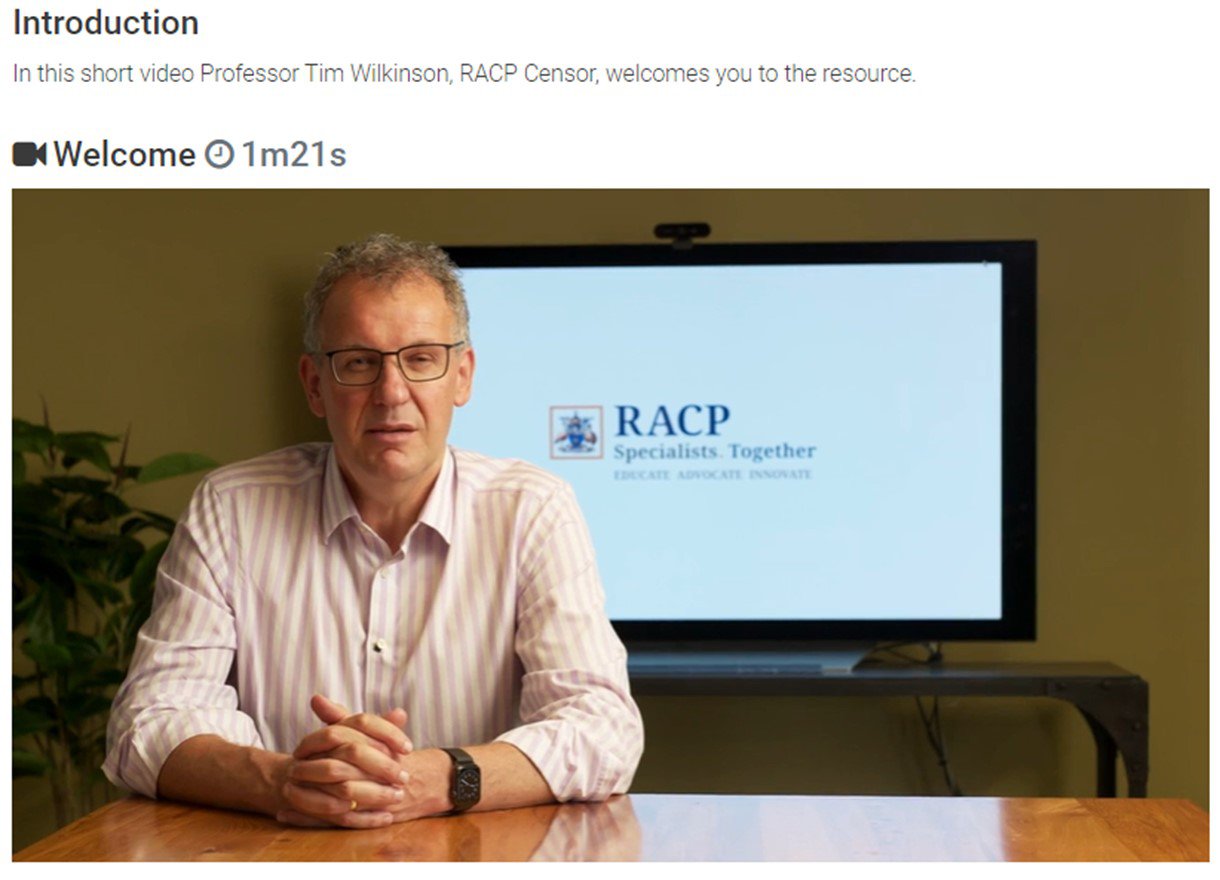

Goal two
EXAMINATIONS
Divisional Written Examination
The computer-based delivery of the Divisional Written Examination on Monday, 14 February 2022 was impacted by several issues which led to a poor exam experience for candidates. Candidates who were unable to complete their exam, or who did not pass the exam, were provided the opportunity to resit the exam on Tuesday, 8 March 2022, using paper-based testing. The Board determined that all written examinations would be delivered using paper-based testing until further work could be undertaken to determine if a return to computer-based testing was appropriate.
In addition to the March resit, the Divisional Written Examination was also scheduled later in the year, with a second exam being held on 25 October 2022.
The College will continue to offer the exam twice yearly, with trainees able to become eligible mid-year from 2023 onwards.
Divisional Clinical Examination
The Adult Medicine Divisional Clinical Examination in 2022 was delivered using the traditional model in Aotearoa New Zealand and all states and territories in Australia, except for WA where the modular format was used. With the impact of COVID-19 on exam delivery having significantly decreased from previous years, there was only one COVID-19 change to exams required for the 2022 exam.
The Paediatrics and Child Health Divisional Clinical Examination was delivered in Aotearoa New Zealand and all Australian states and territories using the traditional format. There were no COVID-19 related changes required for the exam.
Throughout 2020 and 2021, the traditional requirements for travel for the exam were minimised, with most exams being delivered locally or intrastate. In 2022, some travel was reintroduced for the exam; however most of this travel continued to be within state for candidates, with examiners travelling interstate.
The digital scoresheet, which was introduced in 2020 as part of the COVID-19 change to modular exams, has been retained for the exam and has continued to provide enhanced feedback to candidates.
Ensuring exam readiness for Basic Trainees
Developed during the COVID-19 pandemic period when there was no access to face-to-face learning, the Divisional Examination Readiness Course has since become one of the most popular courses among Basic Trainees. The course is designed to inform trainees of what to expect and how to prepare for the Divisional Written and Clinical Examinations.
The course dynamically explains exam standards and the written and clinical examination process, as well as access to support networks, study groups and a study toolkit. This program is also crucial to the success of our trainees in rural and remote areas, addressing fundamental barriers to learning through accessible videos and modules.

Faculty and Chapter Examinations
Having undergone significant changes to delivery models and timing of exams in 2021, the Faculty and Chapter examinations were able to begin transitioning to traditional delivery models; however, benefits that were realised through the implementation of COVID-19 changes were retained for the 2022 exam cycle.
The Australasian Faculty of Rehabilitation Medicine Fellowship Clinical Examination and Module 2 Clinical Assessment were delivered at multiple sites to manage potential COVID-related travel restrictions and an increased number of candidates sitting the exams in 2022.
Making it possible
The College continues to be supported by many Fellows who enable the development and delivery of examinations thanks to their ongoing participation in committees and involvement in working groups, examining panels, item writing, and in supporting the review and results processes for all exams across the Divisions, Faculties and Chapters.
Addressing work–life balance for trainees
We are committed to providing high-quality training in a way that supports a work-life balance for trainees. Helping trainees on their career journey is a key facet of what we do.
To facilitate this, the College Education Committee approved flexible options for trainees in 2022, to facilitate better work–life balance and to boost gender equity.
Trainees can now exclude unlimited parental leave from accruing towards their maximum time limit to complete training. This change, along with others, is expected to contribute to greater flexibility for trainees and improve wellbeing, inclusion, and equity in medicine.
The College provides flexible training options for trainees who:
- are unable to train full-time
- need to interrupt their training for more than eight weeks (for example, to take parental or carer’s leave)
- wish to withdraw from their training
- have been affected by exceptional circumstances.
Implementing education renewal initiatives and technology
In 2022, the College initiated an Education Governance Review. This was designed to achieve greater alignment between Australia and Aotearoa New Zealand in relation to training requirements. In late September 2022, the Board approved three models of governance for the Trans-Tasman Advanced Training specialties.
The reforms include:
- refining the College’s curriculum model and components, including guiding principles and features
- drafting Fellowship outcomes for each domain of the RACP Standards Framework
- planning a framework and process for Advanced Training curricula reviews and identifying potential areas for standardisation
- reviewing Curriculum Review Plans from Advanced Training Committees to assist in determining priority areas for curricula renewal.
